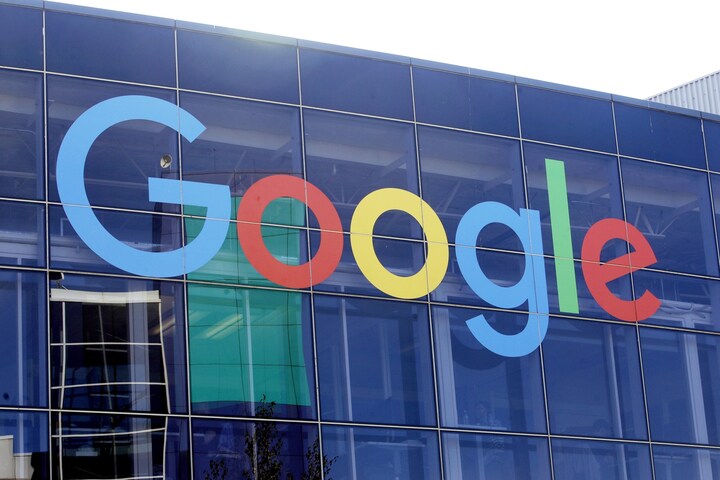Google has agreed to compensate 9.5 million USD as a settlement of a lawsuit filed previously this year by Washington DC Attorney General Karl Racine who alleged Google of misleading users and violating their privacy. Google has also consented to modify some of its methods, majorly how well it notifies users about the collection, storage, and use of their location data.

“Google leads consumers to believe that consumers are in control of whether Google collects and retains information about their location and how that information is used,” the complaint, which Racine filed in January, read. “In reality, consumers who use Google products cannot prevent Google from collecting, storing and profiting from their location.”
Source: engadget.com
Racine’s office also alleged Google of using “dark patterns,” which seem to be design choices that aim to deceive users into performing actions that do not benefit them. The AG’s office stated that the company repetitively prompted users to enable location tracking options in some specific apps and notified people that such features would not operate normally unless location tracking was enabled.
Racine and his team discovered that location information was not even required for the app in discussion. They claimed that Google made it unlikely for customers to opt out of getting their location tracked.
Google received a pittance of 9.5 million USD. Last quarter, it ended up taking the firm Alphabet less than 20 minutes to generate that much earnings. Modifications to the firm’s practices as a result of the agreement may have a greater impact.
Individuals who have specific location settings enabled will receive messages explaining how to disable each setting, remove the associated data, and restrict the time Google could indeed keep that details. Users who create a new Google account will be informed as to which location-related account options are enabled by default and given the option to disable them.
It will have to keep a webpage up to date with information about its location data practices and policies. This will include methods for users to see their location settings as well as information on how each setting affects Google’s collection, preservation, or use of location information.
Furthermore, without the user’s full permission, Google will be prohibited from spreading a user’s exact location details with a third-party marketer. Within 30 days of receiving the information, the company must remove location information “which came from a device or from an IP address in both web and app activity.”
“Given the vast level of tracking and surveillance that technology companies can embed into their widely used products, it is only fair that consumers be informed of how important user data, including information about their every move, is gathered, tracked, and utilized by these companies,” Racine said in a statement. “Significantly, this resolution also provides users with the ability and choice to opt of being tracked, as well as restrict the manner in which user information may be shared with third parties.”
Source: engadget.com

I am a student pursuing my bachelor’s in information technology. I have a interest in writing so, I am working a freelance content writer because I enjoy writing. I also write poetries. I believe in the quote by anne frank “paper has more patience than person